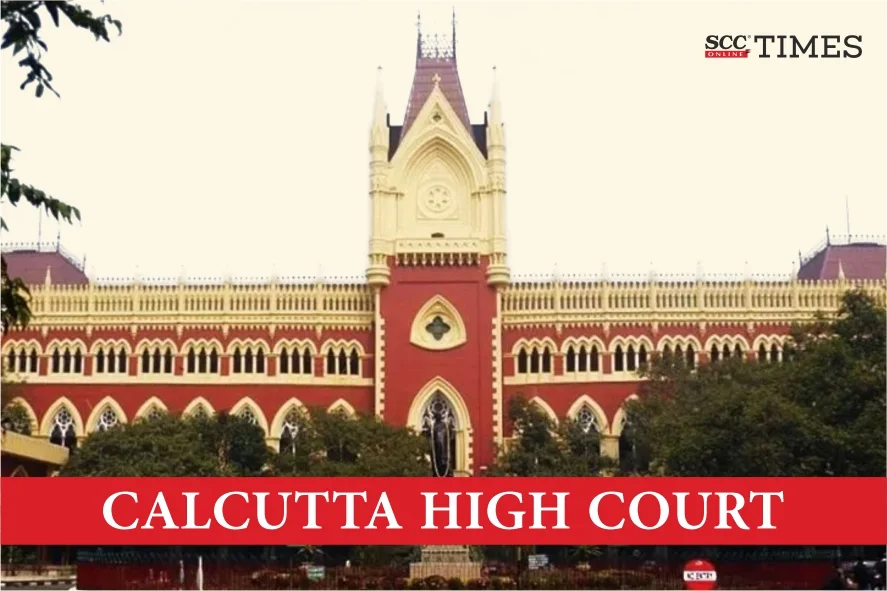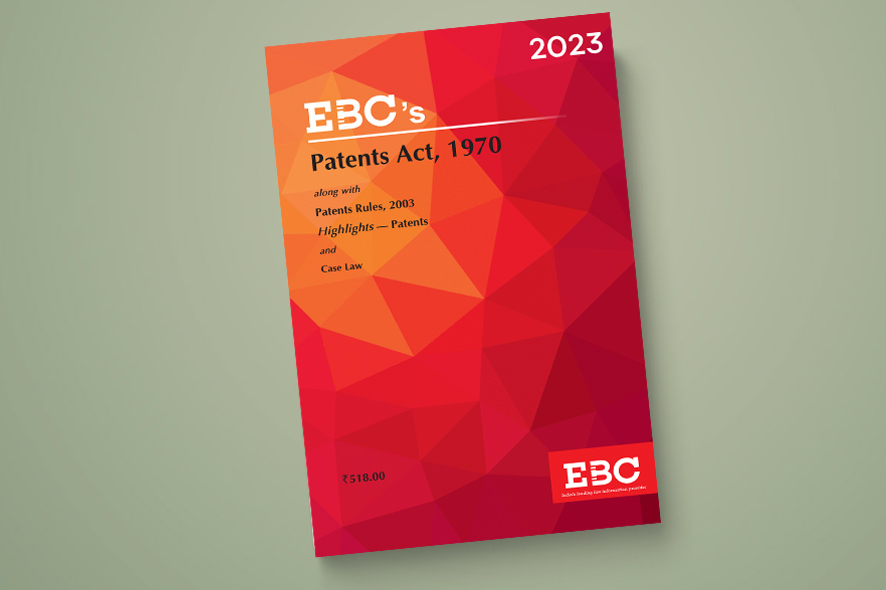Calcutta High Court: An appeal was filed by ITC Limited (appellant) challenging the order dated 21-08-2024, whereby the appellant’s patent application titled “A Heater Assembly to Generate Aerosol” was rejected under Section 3(b) of the Patents Act, 1970 on the ground that the invention causes serious prejudice to human life, health, public order, and morality. Ravi Krishan Kapur, J., held that the impugned order is unsustainable and set aside as the subject invention is contrary to public order and morality is unreasoned, cryptic and without any basis.
The appellant had applied for a patent on an invention titled “A Heater Assembly to Generate Aerosol.” The invention was developed in response to increasing demand for handheld aerosol-generating devices designed to deliver aerosol for inhalation by users. The invention claimed a novel design to ensure uniform heat distribution across the aerosol-forming substrate within the aerosol-generating article. Despite fulfilling the criteria for inventive step and being distinguished from prior art, the Controller rejected the patent application solely under Section 3(b) of the Patents Act, holding that it would cause serious prejudice to human life and health and is contrary to public order and morality. The Controller’s order failed to provide any detailed reasons or analysis of the invention’s content and its implications. Aggrieved by the summary rejection and the alleged violation of procedural fairness, the appellant filed the present appeal.
The Court noted that the text of Section 3(b), which excludes from patentability any invention whose primary or intended use or commercial exploitation would be contrary to public order or morality or causes serious prejudice to human, animal, or plant life or health or the environment. It noted that one of the main objectives of the Patents Act is to promote scientific research and technological innovation in the public interest by granting inventors exclusive rights over their inventions for a limited period, after which such inventions enter the public domain. The Court emphasized that the role of the Patent Office is critical in achieving the purposes of the Act and must be exercised with care, deliberation, and strict adherence to principles of law and natural justice.
A crucial flaw identified in the impugned order was the failure to analyze the primary or intended use of the invention. The invention itself was not predicated or limited to substrates containing tobacco or any harmful substances. The Controller had erroneously presumed exclusive usage of the invention with tobacco-based substrates, without acknowledging that the invention could just as well be used with non-tobacco substances. This fundamental misunderstanding vitiated the order.
The Court referred to international jurisprudence and conventions including Article 53A of the European Patent Convention (EPC) and the TRIPs Agreement, which incorporate the notion of ordre public in denying patent protection for inventions that are likely to lead to public disorder, criminal behavior, or offensive outcomes. It referred to authoritative commentaries including Terrell on the Law of Patents (19th Ed., at 2-130), which clarify that such provisions aim to deny patents for inventions inducing riot, public disorder, or criminal behavior, not merely those which may raise ethical concerns.
Further, the Court cited Hindustan Lever Ltd. v. Lalit Wadhwa, 2007 SCC OnLine Del 1077, and reiterated that a patent merely confers an exclusionary right and not a right to commercially exploit the invention in violation of other applicable laws. The example of a drug patent not implying marketing approval unless cleared by health regulators was cited to reinforce this distinction.
Significantly, the Court observed that tobacco-related inventions are not categorically excluded from patentability under Indian law. Therefore, a generalised assumption of harm without examining the specific functioning and use of the invention cannot justify denial of patent rights. The Controller had also failed to apply the “intent principle” — assessing the inventor’s objective in designing the invention — and instead made blanket assumptions about its likely usage.
In Uniworth Resorts Ltd. v. Ashok Mittal, 2007 SCC OnLine Cal 532, the Court had held that there must be a nexus between the issues considered and the conclusions drawn, and this guiding principle was completely disregarded in the present case.
The Court concluded that the Controller’s reliance on Section 3(b) must be backed by reasoned analysis linking the invention’s use to the grounds enumerated under the section. A mechanical invocation of “public order” or “morality” without analyzing the content, context, and application of the invention was impermissible. The Controller’s findings were found to be cryptic and unsupported by any rational justification.
Thus, the Court set aside the impugned order dated 21-08-2024 and held that the rejection of the patent application under Section 3(b) was based on a misinterpretation of the law, a fundamental misunderstanding of the invention, procedural irregularity, and a failure to apply the principles of natural justice. The Court concluded that the Controller had neither substantiated how the invention causes serious prejudice to human life and health nor explained why it violates public order or morality.
Accordingly, the appeal was allowed, and the matter was remanded to the Patent Office for reconsideration in accordance with law and with due opportunity to the appellant to respond to any material that the Controller seeks to rely upon.
[ITC Limited v. Controller of Patents Designs and Trademark, 2025 SCC OnLine Cal 4479, decided on 20-05-2025]
Advocates who appeared in this case :
For the appellant: Mr. Gourav Pachnanda, Senior Advocate Mr. J. Sai Deepak, Senior Advocate Mr. Manosij Mukherjee, Advocate Mr. Samik Mukherjee, Advocate Mrs. Mitul Dasgupta, Advocate Ms. Amrita Majumdar, Advocate Mr. Threcy Lawrence, Advocate Mr. K. K. Pandey, Advocate Mr. Teesham Das, Advocate Ms. Pooja Sett, Advocate Ms. Mallika Bothra, Advocate
For the respondent: Ms. Sanjukta Gupta, Advocate



